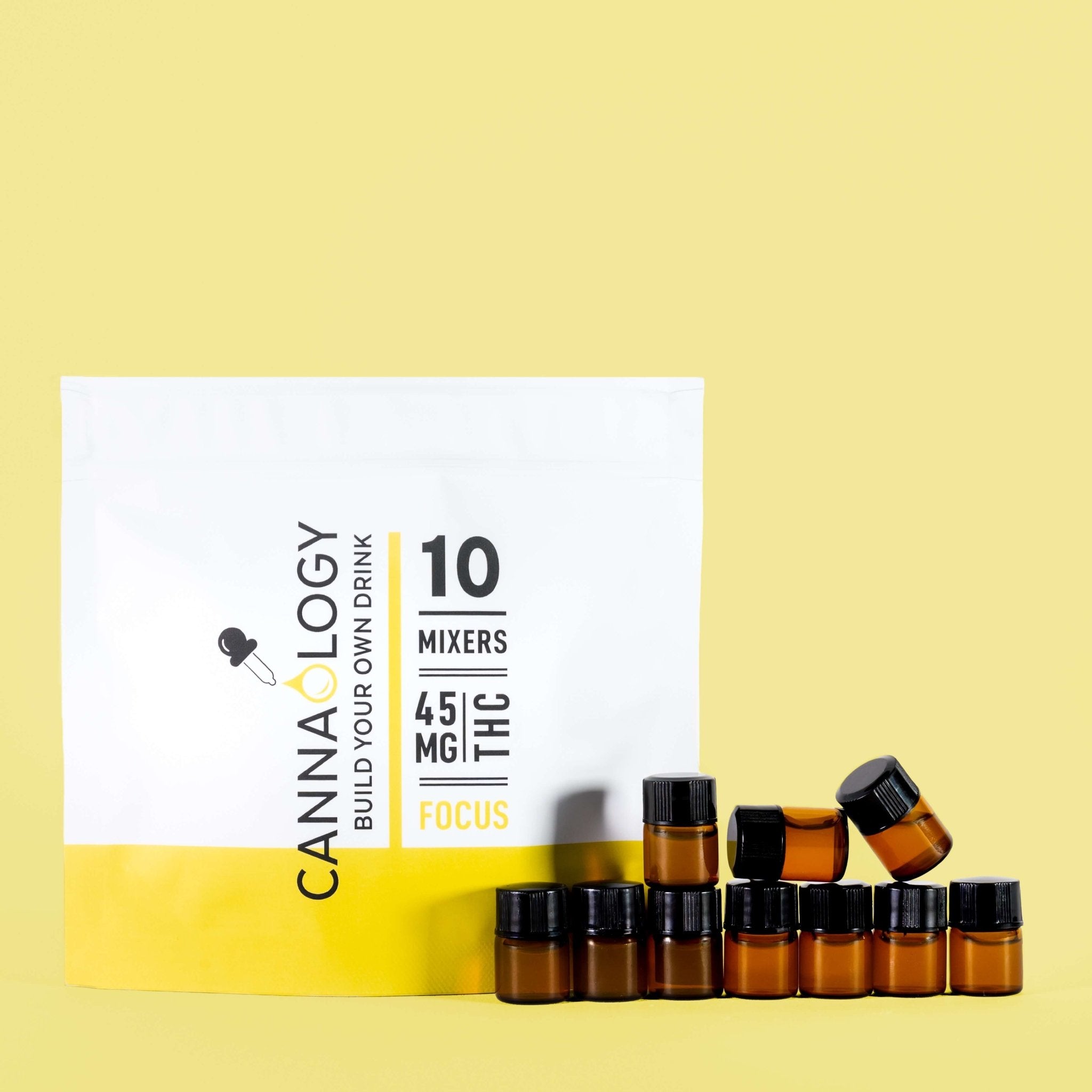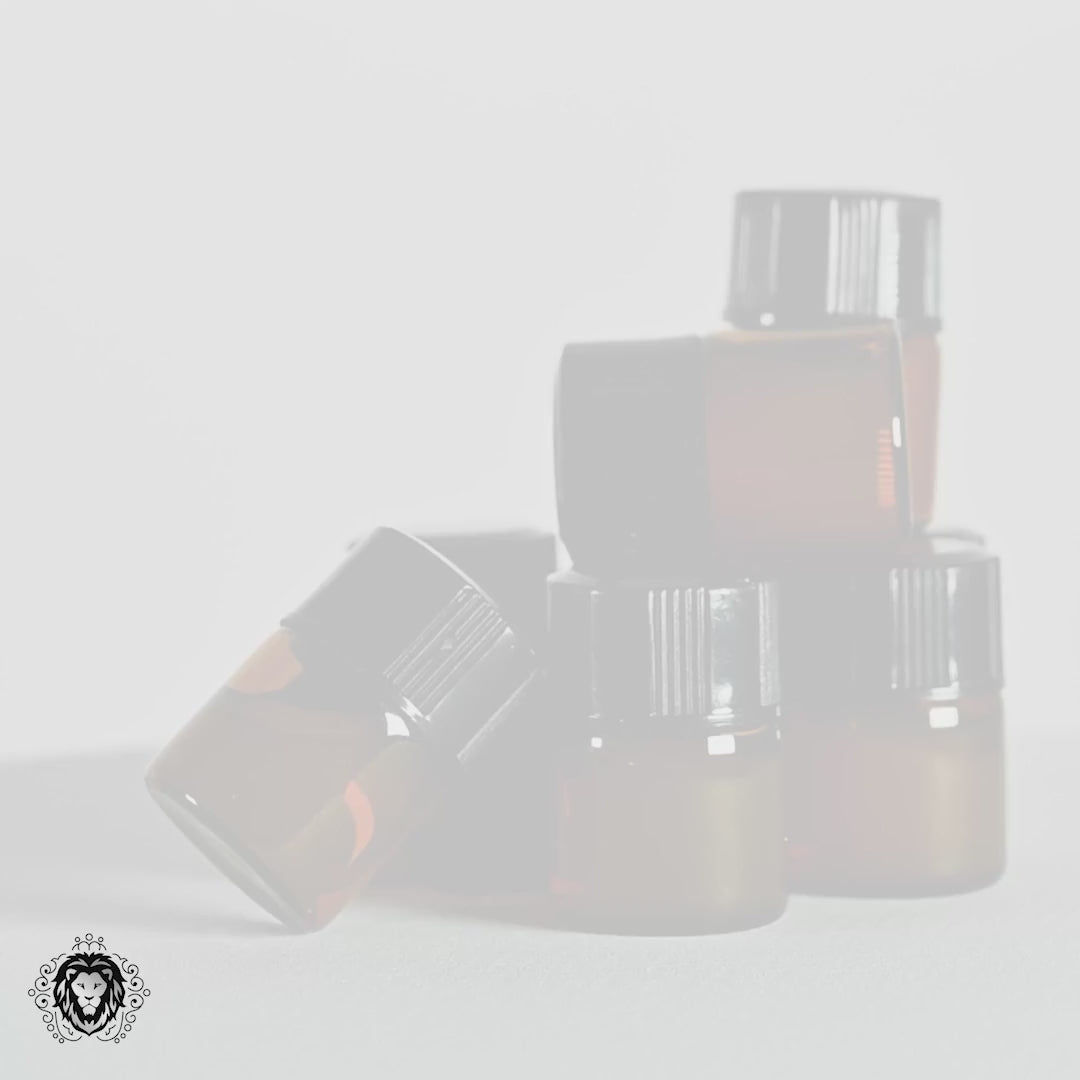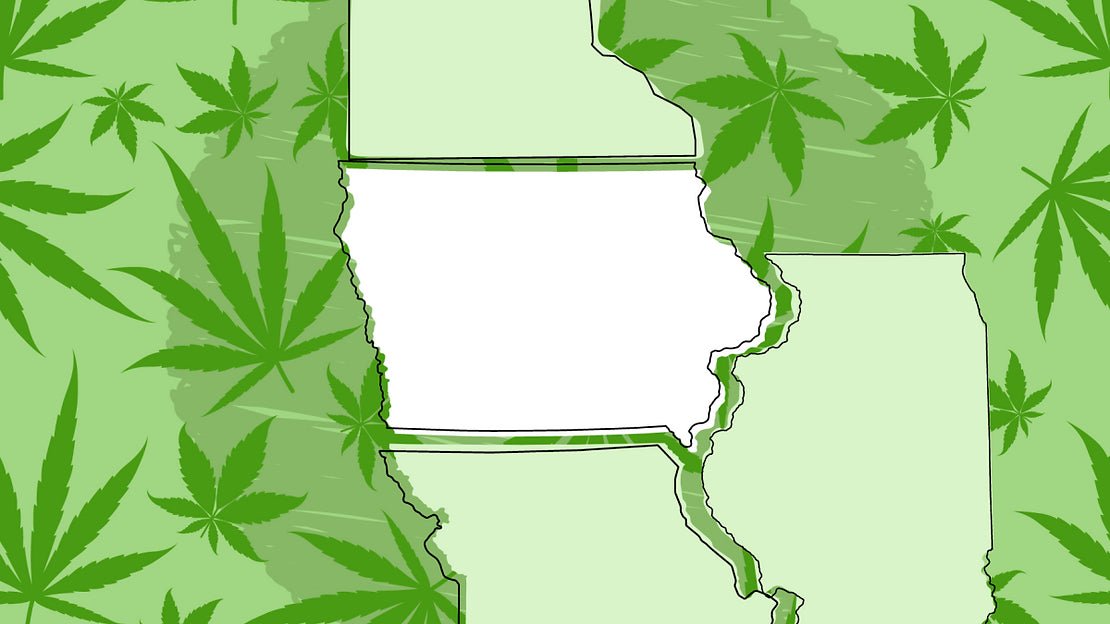
As the issue of how to handle intoxicating hemp derivatives (IHDs) continues to challenge the budgetary and legislative resources in state legislatures nationwide, North Carolina lawmakers are taking a uniquely practical, as well as exhaustive approach to reigning in bad actors in the hemp market sector.
With several neighboring states imposing restrictive measures or harsh bans on IHD products, officials in the Tarheel State are hoping to implement a solution that keeps the public safe and allows the burgeoning and fast-growing hemp industry to continue to flourish.
As first reported in High Times, the NC House Judiciary Committee met last week to discuss and consider House Bill 563, a measure that would enact a new law prohibiting the sale of IHD product offerings to individuals under 17 unless consent is provided by a parent or guardian, much like attending an "R-rated" movie.
During the hearing, Rep. Jeff McNeely, one of the measure's primary sponsors, detailed the bill's evolution since its initial introduction in the House. "When I started naively, I thought I just wanted to make sure that a 10-year-old kid can't walk into a smoke shop and buy some of these products," McNeely said.
"When I started naively, I thought I just wanted to make sure that a 10-year-old kid can't walk into a smoke shop and buy some of these products."
- NC State Rep. Jeff McNeely
Since that time, the legislation has expanded into a 17-page document, including several provisions aimed at regulating hemp-based intoxicants designed to attract underage consumers.
McNeely continued, saying, "Research is suggesting that around three-fourths of our youth are finding their way to marijuana by ways of these type products that are in smoke shops and convenience stores."
"Research is suggesting that around three-fourths of our youth are finding their way to marijuana by ways of these type products that are in smoke shops and convenience stores."
- NC State Rep. Jeff McNeely
If approved by the state legislature and signed into law by the governor, the proposed bill would:
-
Require manufacturers and distributors of IHDs to apply for a state license to begin selling by July 1.
-
Require lab testing of IHDs to establish their efficacy and safety.
-
Implement a ban on edible products shaped like animals or cartoon characters.
-
Impose a mandate on manufacturers to create child-proof packaging and labeling that includes ingredients and any allergens.
Elizabeth Robinson, Senior Director of the North Carolina Retail Merchants Association, voiced support for the legislation on behalf of her group, saying, "We appreciate the framework for legitimate businesses to continue to operate responsibly and at the same time regulate those bad actors that, as he said, unfortunately, have some of these products getting in the hands of our youth."
"We appreciate the framework for legitimate businesses to continue to operate responsibly and at the same time regulate those bad actors that, as he said, unfortunately, have some of these products getting in the hands of our youth."
- Elizabeth Robinson, Sr. Dir. of the North Carolina Retail Merchants Association
Similar to other states, the impetus for McNeely's bill stems from several disturbing cases where underage minors fell ill after consuming unregulated IHD products. In one case back in December 2023, seven middle school teens were taken to the hospital after ingesting an IHD-infused Rice Krispy treat.
During the hearing, much of the discussion centered on funding for the bill and which regulatory bodies would be responsible for testing and enforcement. While McNeely hopes the North Carolina Department of Agriculture will take responsibility for appropriate testing procedures, he is aware of the resource strain that would place on the department.
"Department of Ag says they don't have the abilities, the time, the people to be able to do this. So, the only way I knew to rope this in for a smaller amount of money was to put harsh enforcement on the backside, hoping that the players in the game will play by the rules and clean up whatever it's not doing right," McNeely stated.
Under McNeely's plan, manufacturers would be responsible for testing their products before they can be sold and distributed down the supply chain. Once those items are on the shelves, the job of enforcing compliance would fall to the North Carolina Alcohol Law Enforcement (ALE).
The measure provides an initial $500,000 to ALE to cover testing costs. However, the long-term goal is for the state's hemp industry players to pay for testing and compliance provisions in the future. "We're hoping that the industry will end up being able to fund these agents and the sampling, and all once this bill gets going," McNeely explained. "But we had to have some start money to get it going."
"We're hoping that the industry will end up being able to fund these agents and the sampling, and all once this bill gets going. But we had to have some start money to get it going."
- NC State Rep. Jeff McNeely
If HB-563 passes, it will go into effect almost immediately (July 2024), placing significant pressure on manufacturers, distributors, retailers, and enforcement agencies. For McNeely and supporters of the bill, while the timeline may be aggressive, the desired outcome of keeping these items out of the hands of kids and an overall inventory of safer products is worth the increased workload for all involved.
This practical and industry-preserving approach could serve as an excellent example of managing IHDs and allowing a promising new market sector to grow, provide jobs, increase tax revenue, and help people who genuinely benefit from hemp's vast array of healing properties.
































